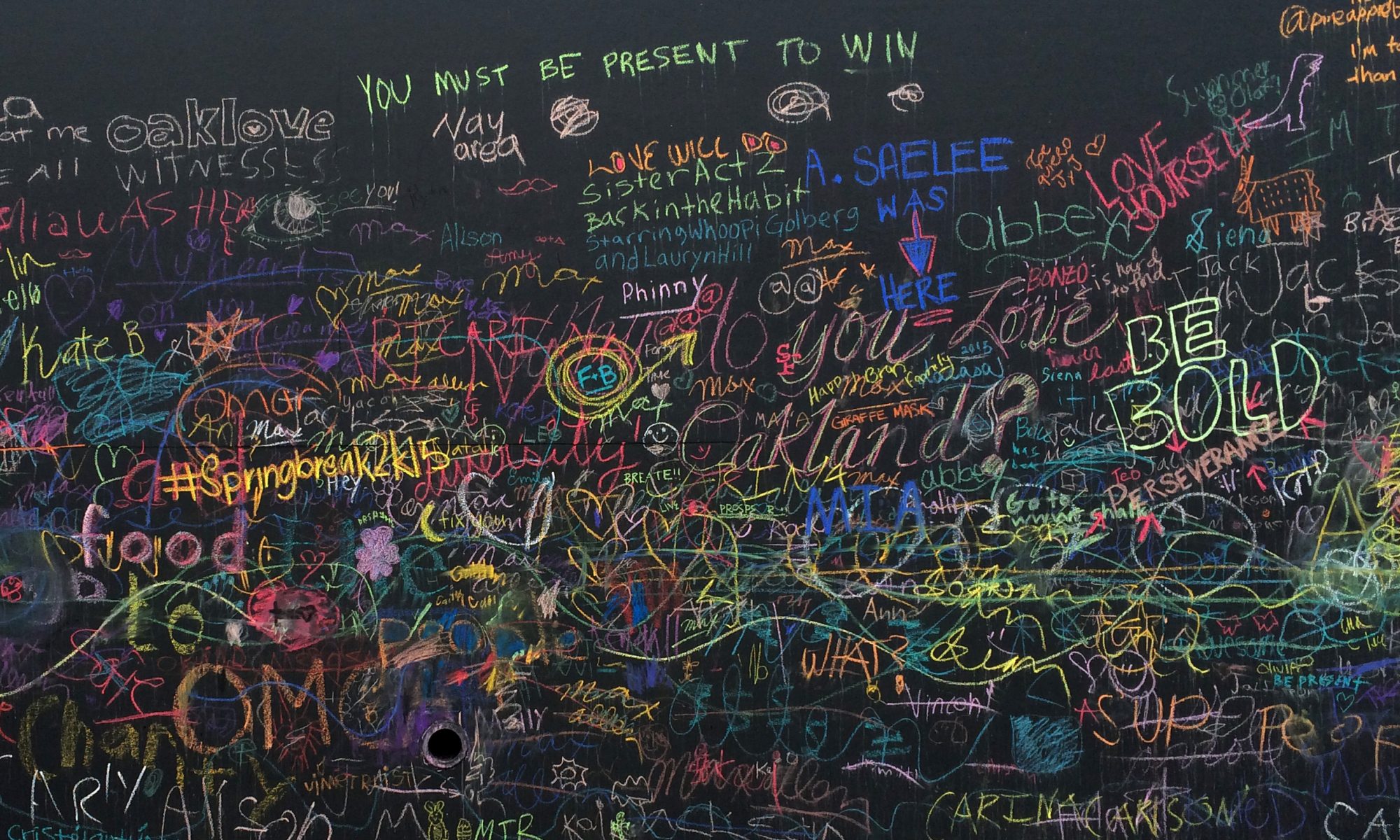 Last weekend there was a highly critical article about the Chihuly exhibit at the De Young that really got my back up. The money quote:
Last weekend there was a highly critical article about the Chihuly exhibit at the De Young that really got my back up. The money quote:
“The history of art is a history of ideas, not just of valuable property. Chihuly has no place in it, and the de Young disserves its public by pretending that he does.”
I have my own criticisms of Chihuly — primarily that his work can be overly gilded and that commercial success has led to excessive repetition — but there are ways to critique an artist without declaring his work isn’t art. The author’s main arguments seemed to be that the exhibit is a spectacle and not serious enough, and that Chihuly’s work is too flamboyant and decorative to be considered “art”.
The former is more than a little puzzling. Yes, the exhibit is a spectacle and the gift shop is indeed “barnacled” on. But this criticism could easily be made of much modern culture and art, and it is unfair to single Chihuly out. His work is flamboyant and showy, but that just makes a theatrical exhibit seem all the more authentic. On the other hand, despite the spectacle the author claims “educated viewers” will get bored because is not enough intellectual content to hold their interest. That must mean I’m not educated, because there were plenty of beautiful visuals to keep my attention.
It’s also seriously misguided to claim that art must be high-concept. We do have rough categories of fine art, decorative art, craft, and the like, but the lines are blurry at best. Going by the author’s yardstick, we’d have to disregard half of the “history of art”! Dutch and Flemish masters are a good example — the technique is remarkable, but in the end it’s often just a painting of of a dead rabbit, a rich patron, or a vase of flowers. Where’s the intellectual statement there? And yet we don’t question those paintings as art.
Perhaps more importantly than how he defines art is the arrogance of claiming to define art for others. As the resident creative in my family I spend a lot of time defending art, and I think it’s important to take a broad view of it. If it expresses something, even if I don’t like or understand it, it can still be considered art. You don’t have to like it or agree with it, but it’s generally not appropriate to define someone else’s experience. That’s not to say you can’t ever draw a line, but you should draw it as generously as possible.
The entire article felt like a thinly veiled assertion that if the masses like it, it can’t be art-with-a-capital-A. Enough people already question and dismiss art without elitism like this to alienate them further. It occurs to me artists complain art isn’t appreciated, but often they seem to work very hard at preserving image of the starving, misunderstood artist. After all, if the plebeians get it, it can’t be any good.
